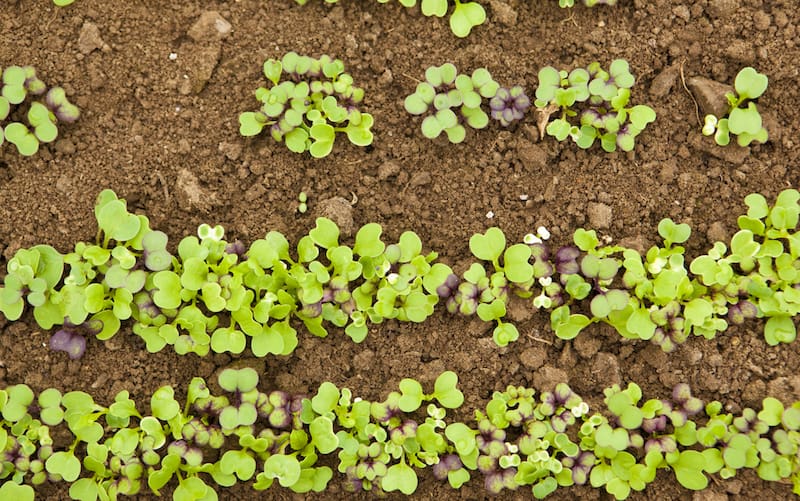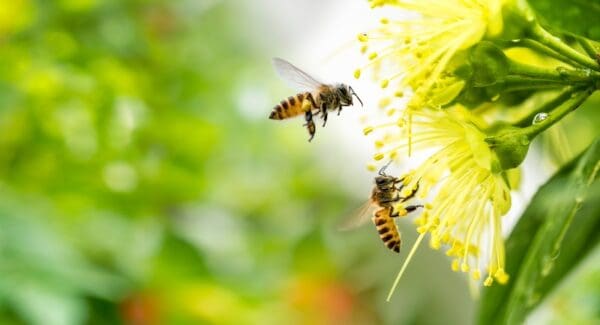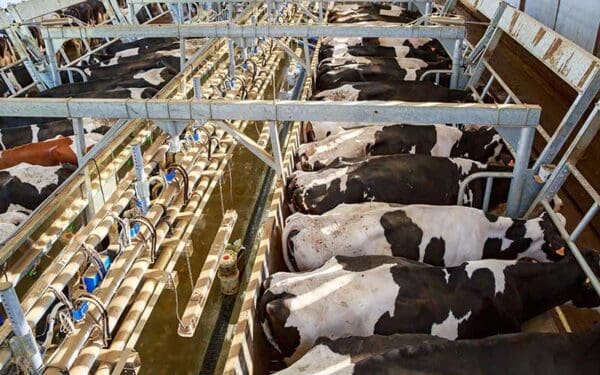
CLF works throughout New England to help local food entrepreneurs and farmers not just survive, but thrive. Here in Rhode Island, the local food movement is burgeoning – our rate of new farmers is growing faster than in other New England states. But even as the number of new farmers grows, many experienced farmers are looking to retire. That means we risk losing their active farmland if no succession plan is in place. Competing uses for farmland are also a concern. CLF’s Legal Food Hub Rhode Island is working to address all three issues in the Ocean State.
Helping New Farmers Get the First Step Right
Two of Rhode Island’s newest farmers are Irene Beauregard and Kathan Teepe, who are in the beginning stages of starting their own farm business. Once Irene and Kathan made the decision to start a farm business, they realized a first step would be to determine the right legal structure for it. Needing legal help to make this decision, they turned to CLF Rhode Island’s Legal Food Hub. The Legal Food Hub provides free legal services to local food businesses and farmers by matching them with a volunteer attorney to meet their legal needs.
The Legal Food Hub connected Irene and Kathan with Attorney Everett Petronio of Kalander & Shaw. Choosing the legal structure of an organization is particularly important when starting out since the type of entity selected will influence the way the business operates, its purpose, investment opportunities, risk and liabilities, and tax implications (among other things!). Everett brought a wealth of knowledge through his work helping small and start-up businesses, and given his extensive experience mentoring entrepreneurs, he was the perfect choice to help these young farmers start their business. He guided Irene and Kathen through the incorporation process, making Sweet Pea Farm, LLC, a reality.
Helping Experienced Farmers Get the Next Step Right
Helping new farmers like Irene and Kathan start their business is always exciting, but just as important is helping existing farmland stay in agriculture. Rhode Island has many farmers nearing retirement, often with no succession plan in place, though most of them would say they would like the land to remain in farming. We had an opportunity to help farmers who are thinking about their next step through a Farmland Succession workshop last month.
Organized by CLF, Farm Credit East, and Land for Good, the workshop was an important opportunity for farmers to begin to understand their options as they look to take a step back from active farming themselves. One attendee even called the Legal Food Hub the following week, saying that the workshop got her thinking about making preparations to transition her farm to a family member; she is hoping we can connect her with legal services to accomplish the transition.
Protecting the Farmland We Have
Of course, local farming can only continue to grow here if farmers have access to affordable farmland – a significant challenge in our small state. That’s why protecting New England’s farmland is a priority for CLF. One timely issue we’ve taken up is the potential impact of siting renewable energy projects, such as solar arrays, on farmland in the region. Farm fields are perfectly situated to soak up the sun, of course, making them coveted locations for new solar arrays. While we want to see our local renewable energy sources grow, we don’t want this benefit to the region to come at the expense of our equally important local food system.
To balance these competing needs, we have started developing best practices that we hope will allow farmers and renewable energy developers throughout New England to make siting decisions that support clean energy goals while maintaining our farmland for generations to come. These include keeping a small footprint for an array; planning for storms, floods, and reclamation; and keeping the land under the installations green and growing (for example, by grazing animals on it, or beekeeping, or planting crops if appropriate).
Growing a robust local food system in Rhode Island and across New England is paramount to ensuring our region is healthy and thriving for decades to come. The Legal Food Hub is providing necessary assistance to farmers and food businesses, facilitating the transfer and protection of a precious resource, and keeping farmland in farming.




